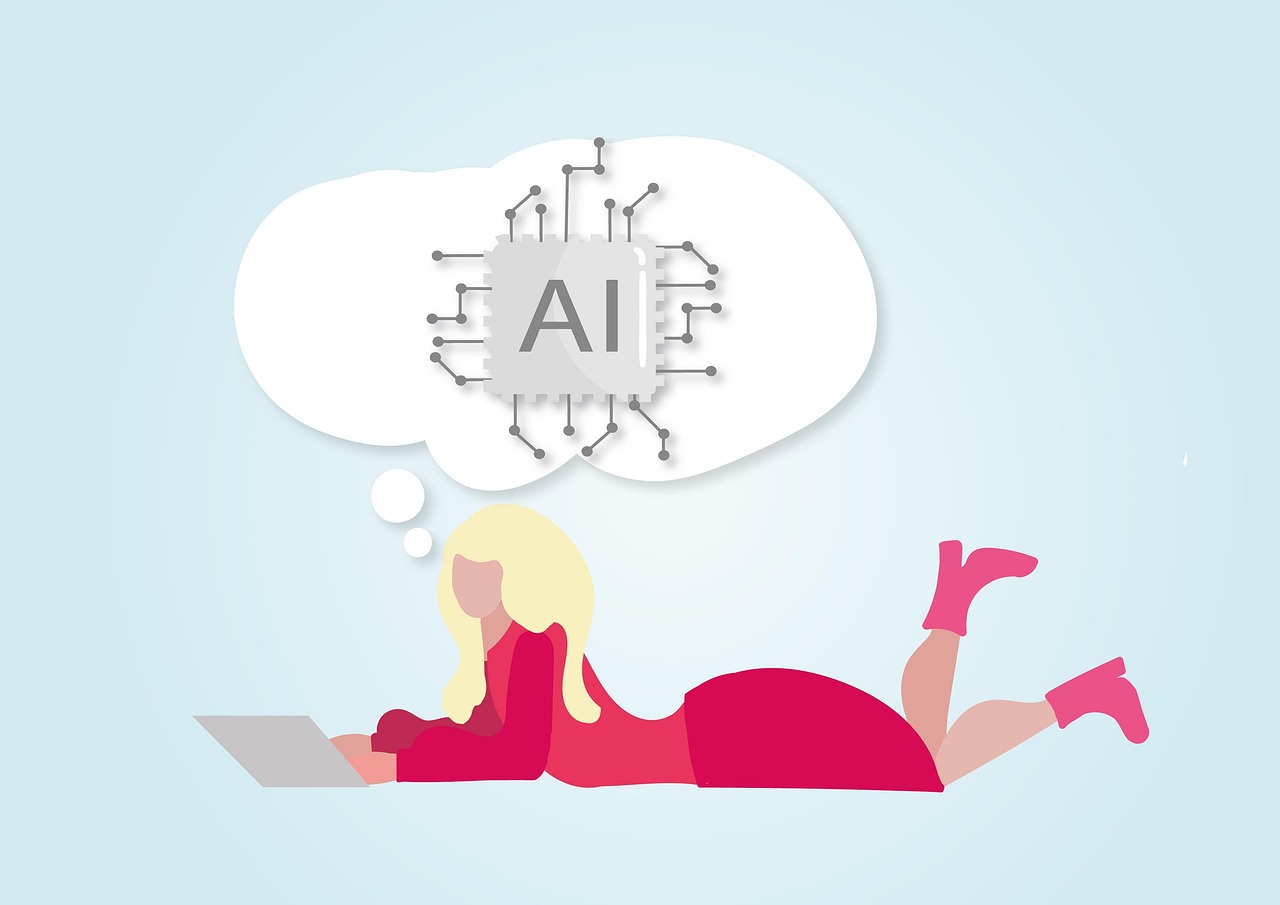The relentless pursuit of artificial intelligence (AI) is transforming our world, promising advancements that were once confined to the realm of science fiction. From self-driving cars to personalized medicine, AI is rapidly permeating every aspect of our lives. This blog post delves into the exciting world of AI research, exploring its core areas, cutting-edge advancements, ethical considerations, and future potential.
What is AI Research?
Defining AI Research
AI research is a multifaceted field dedicated to creating intelligent agents, which are systems that can reason, learn, and act autonomously. It encompasses a wide range of disciplines, including computer science, mathematics, psychology, and neuroscience. The goal is to develop machines that can perform tasks that typically require human intelligence.
Key Areas of Focus in AI Research
AI research explores many avenues to achieve artificial intelligence. Some critical areas include:
- Machine Learning (ML): Developing algorithms that allow computers to learn from data without explicit programming.
- Deep Learning (DL): A subset of ML that uses artificial neural networks with multiple layers to analyze data and extract complex features.
- Natural Language Processing (NLP): Enabling computers to understand, interpret, and generate human language.
- Computer Vision: Equipping computers with the ability to “see” and interpret images and videos.
- Robotics: Designing and building robots that can perform physical tasks autonomously or semi-autonomously.
- Knowledge Representation and Reasoning: Developing methods for representing knowledge in a structured way and using it to make inferences and solve problems.
Current Trends and Advancements in AI Research
Generative AI and Large Language Models (LLMs)
Generative AI has taken center stage, with models like GPT-4, Bard, and DALL-E 2 demonstrating impressive capabilities in generating text, images, and even code. LLMs are trained on massive datasets and are capable of understanding and generating human-quality text, making them valuable tools for content creation, chatbots, and language translation.
- Example: GPT-4 can write different kinds of creative text formats, like poems, code, scripts, musical pieces, email, letters, etc. It will try its best to fulfill all your requirements.
- Impact: These models are rapidly changing the landscape of content creation and communication.
Reinforcement Learning (RL)
Reinforcement Learning is an area of AI research that focuses on training agents to make decisions in an environment to maximize a reward signal. It’s used in areas like game playing, robotics, and resource management.
- Example: DeepMind’s AlphaGo program, which defeated world champions in the game of Go, is a prime example of RL in action.
- Benefits: RL enables AI agents to learn complex strategies through trial and error, without the need for explicit programming.
Explainable AI (XAI)
As AI systems become more complex, understanding how they make decisions becomes increasingly important. Explainable AI (XAI) aims to develop AI models that are transparent and interpretable, allowing humans to understand and trust their decisions.
- Need: In fields like healthcare and finance, it’s critical to understand why an AI system made a particular prediction or recommendation.
- Methods: Techniques like SHAP (SHapley Additive exPlanations) and LIME (Local Interpretable Model-agnostic Explanations) are used to explain the output of complex AI models.
Applications of AI Research Across Industries
Healthcare
AI is revolutionizing healthcare in various ways:
- Diagnosis: AI-powered systems can analyze medical images and patient data to detect diseases earlier and more accurately.
- Drug Discovery: AI can accelerate the process of identifying potential drug candidates and predicting their effectiveness.
- Personalized Medicine: AI can tailor treatment plans to individual patients based on their genetic makeup and medical history.
Finance
AI is being used in finance for:
- Fraud Detection: Identifying and preventing fraudulent transactions.
- Risk Management: Assessing and managing financial risks.
- Algorithmic Trading: Developing trading strategies that can execute trades automatically.
- Customer Service: AI-powered chatbots are providing instant support and assistance to customers.
Transportation
AI is transforming the transportation industry:
- Autonomous Vehicles: Developing self-driving cars and trucks that can navigate roads without human intervention.
- Traffic Management: Optimizing traffic flow to reduce congestion and improve safety.
- Logistics: Optimizing delivery routes and warehouse operations.
Manufacturing
AI is enabling smarter manufacturing processes:
- Predictive Maintenance: Using AI to predict when equipment is likely to fail, allowing for proactive maintenance.
- Quality Control: Using computer vision to detect defects in products.
- Robotics: Automating repetitive tasks with robots.
Ethical Considerations and Challenges in AI Research
Bias and Fairness
AI models can perpetuate and amplify existing biases in the data they are trained on, leading to unfair or discriminatory outcomes. It is crucial to develop methods for detecting and mitigating bias in AI systems.
- Example: Facial recognition systems have been shown to be less accurate for people of color, raising concerns about potential misuse in law enforcement.
- Mitigation: Careful data selection, bias detection algorithms, and fairness-aware model training can help mitigate bias.
Privacy and Security
AI systems often require access to large amounts of data, raising concerns about privacy and security. It is essential to develop methods for protecting sensitive data and preventing unauthorized access.
- Example: Data breaches in AI systems can expose sensitive personal information, leading to identity theft and other forms of harm.
- Solutions: Techniques like differential privacy and federated learning can help protect data privacy.
Job Displacement
As AI systems become more capable, there are concerns about potential job displacement. It is essential to consider the social and economic implications of AI and develop strategies for mitigating job losses.
- Impact: AI could automate many tasks currently performed by humans, leading to unemployment in certain sectors.
- Strategies: Retraining programs and investments in new industries can help workers adapt to the changing job market.
The Future of AI Research
The Quest for Artificial General Intelligence (AGI)
A major goal of AI research is to achieve Artificial General Intelligence (AGI), which is the ability of an AI system to understand, learn, and apply knowledge across a wide range of tasks, much like a human being. While AGI remains a distant goal, researchers are making progress in developing AI systems that are more flexible and adaptable.
Interdisciplinary Collaboration
The future of AI research will likely involve increased collaboration between different disciplines, including computer science, neuroscience, psychology, and philosophy. By bringing together expertise from different fields, researchers can gain a deeper understanding of intelligence and develop more sophisticated AI systems.
Quantum Computing and AI
Quantum computing holds the potential to revolutionize AI research by enabling the development of AI models that are much more complex and powerful. Quantum machine learning algorithms could potentially solve problems that are intractable for classical computers.
Conclusion
AI research is a dynamic and rapidly evolving field that promises to transform our world in profound ways. From healthcare to finance to transportation, AI is already having a significant impact on various industries. As AI systems become more capable, it is essential to address the ethical considerations and challenges that arise, ensuring that AI is used for the benefit of humanity. The future of AI research is bright, with the potential to unlock new discoveries and solve some of the world’s most pressing problems. The relentless pursuit of AI continues to push the boundaries of what is possible, paving the way for a future where intelligent machines work alongside humans to create a better world.




